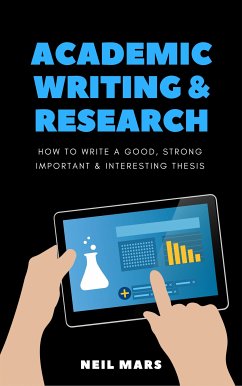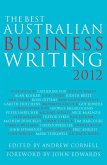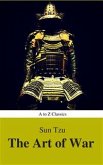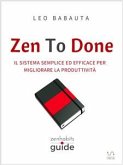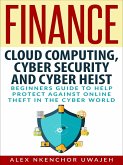Academic writing is the term used for scientific papers written to show an objective stance, organized in such a way that they can easily be replicated by others. And, although many assume that an academic paper must take the form of a thesis, this isn’t always true. Academic documents include a wider broad of papers, such as the Book Report, Conference Paper, Dissertation, Essay, Research Article, Research Paper and Technical Report.
Another element to academic writing that few know about is that, in any give topic and under any methodology, the author or authors, must assume a stating point, a perspective exposed under the form of a hypothesis. Ultimately, any paper starts with a subjective approach, an assumption, that is then tested and verified, proved or disproved. Furthermore, a research paper is always based on documented data reviewed about a certain topic, in order to justify itself as a new step towards a better understanding, and not merely a repetition of previous discoveries. This new step, however, doesn’t need to be intended forward, and can merely refer to a new perspective about something previously studied or known.
For the purpose of presenting a qualifiable research with adequate and sophisticated results, students and researches must conduct an investigation under certain rules and formalized within a specific methodology. It is this methodology that will then allow the necessary acquisition of skills through trial and error, while providing a fruitful ground to learn from mistakes shown along the way, and then correct any necessary procedure being conducted.
Taking into account the experience of the author as a college lecturer on the filed of academic writing and research in China, but also as a researcher and consultant for many companies from different countries, namely, in Europe, China and the USA, always predicting the outcome verified, this book was prepared to help others in similar fields of work. The intention here is to allow an easy and practical attitude to investigation, one that anyone can easily understand, follow and apply on his own.
More than helping college students in creating a better thesis, this book can help anyone in the field of investigation, in knowing which steps to follow to create strong, valid and interesting arguments on any subject, and that can then be applied to reach valuable outcomes, on a personal or social level. Here, you’ll find guidelines related to how one can think and research more effectively.
Another element to academic writing that few know about is that, in any give topic and under any methodology, the author or authors, must assume a stating point, a perspective exposed under the form of a hypothesis. Ultimately, any paper starts with a subjective approach, an assumption, that is then tested and verified, proved or disproved. Furthermore, a research paper is always based on documented data reviewed about a certain topic, in order to justify itself as a new step towards a better understanding, and not merely a repetition of previous discoveries. This new step, however, doesn’t need to be intended forward, and can merely refer to a new perspective about something previously studied or known.
For the purpose of presenting a qualifiable research with adequate and sophisticated results, students and researches must conduct an investigation under certain rules and formalized within a specific methodology. It is this methodology that will then allow the necessary acquisition of skills through trial and error, while providing a fruitful ground to learn from mistakes shown along the way, and then correct any necessary procedure being conducted.
Taking into account the experience of the author as a college lecturer on the filed of academic writing and research in China, but also as a researcher and consultant for many companies from different countries, namely, in Europe, China and the USA, always predicting the outcome verified, this book was prepared to help others in similar fields of work. The intention here is to allow an easy and practical attitude to investigation, one that anyone can easily understand, follow and apply on his own.
More than helping college students in creating a better thesis, this book can help anyone in the field of investigation, in knowing which steps to follow to create strong, valid and interesting arguments on any subject, and that can then be applied to reach valuable outcomes, on a personal or social level. Here, you’ll find guidelines related to how one can think and research more effectively.

